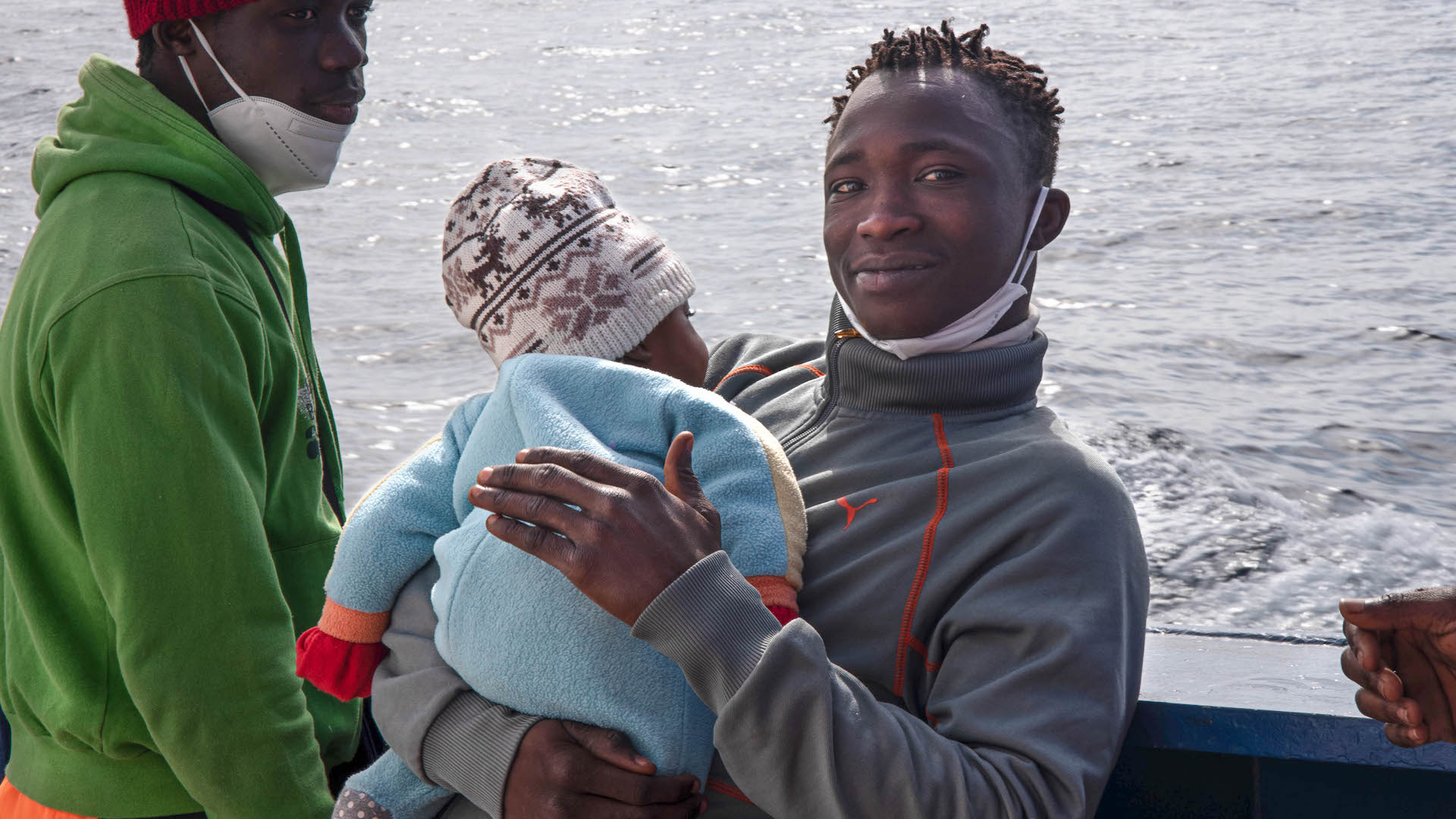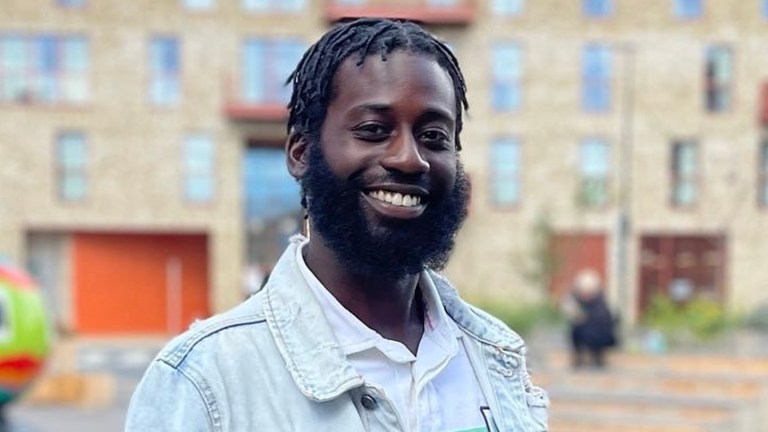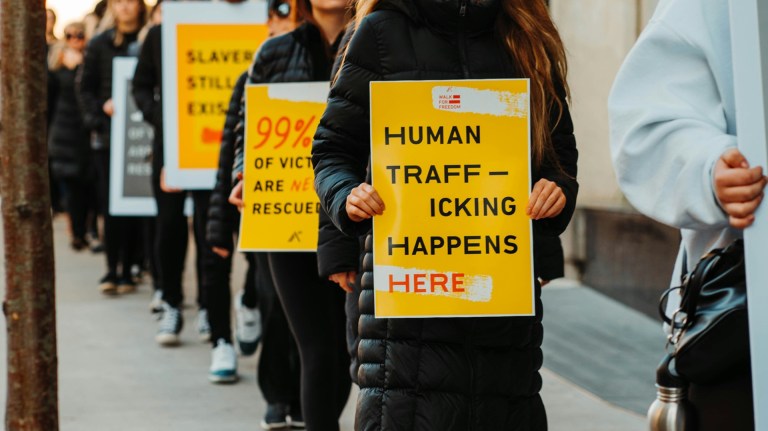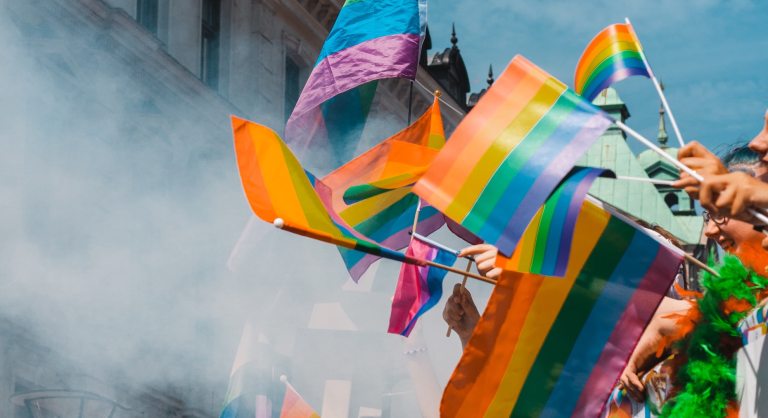It has become clear that the horrifying story of the lost Titan submarine on its expedition to visit the wreck of the Titanic will not be ending in a last-minute miraculous rescue.
Tragically, it seems the five people on board have died, and the enormous international search and rescue operation we have seen unfurl over the past few days will be wound up. Already, the investigations and accusations about the safety measures undertaken by OceanGate, the high-end tourism company responsible for the excursion, have begun. No doubt there will be in-depth scrutiny, perhaps even changes in the law of how submersible vessels are regulated, in response to this tragedy.
Our fascination with this horrifying tale, the resources directed at search and rescue, and the growing demands for policy responses to prevent future tragedies of the same kind are all reasonable and warranted in my opinion. They are the human response we should have to such a tragedy. What has knocked me off balance, however, is the extraordinary contrast between this, and our response to other people lost at sea.
This morning, while I heard the latest about the submersible headlining the news, I was really listening to hear if there may be an update on a different group: about 35 men, women and children, lost in the very same sea, much closer to land, much easier to potentially have saved, off the coast of the Canary Islands.
This group of people who drowned were migrants seeking to reach Europe for a chance at a new life in safety. They were not mentioned. You may not have heard about it either – in fact, in all likelihood, we’ll never know even the precise number of how many died, let alone their names. How could we? If we knew every name of the people who drown as they escape danger, poverty and war, we would have to reckon with how much their lives are worth.
Even when we do talk about migrant deaths – as we do in really exceptional circumstances, like when as many 500 people drowned in one disaster off the Greek coast last week – our conversations are not the same. We ask how the journeys could have been prevented, which they cannot, not how we could make them safe. We don’t demand policy changes and greater regulation on the part of those responsible to protect future travellers. We don’t hear their relatives on the news extolling their qualities, not least their sense of adventure. Quite simply: we do not value their lives or the lives of other people like them as we did those of the people on the submersible and other people – rich people – like them.










